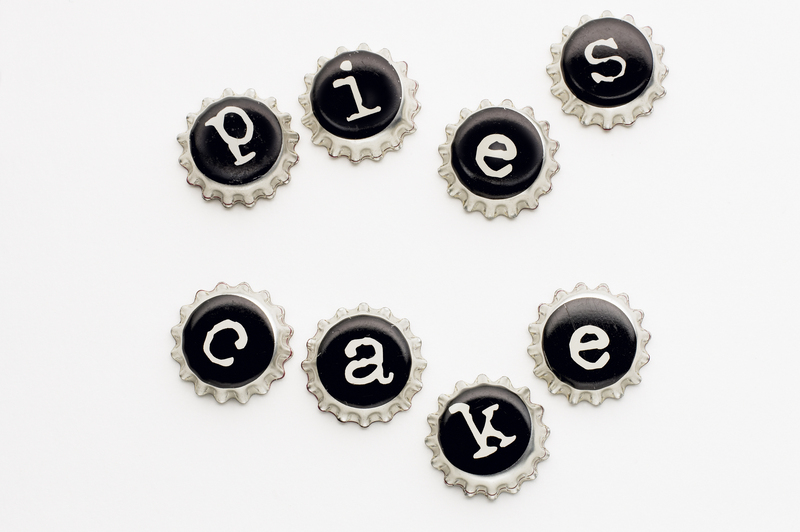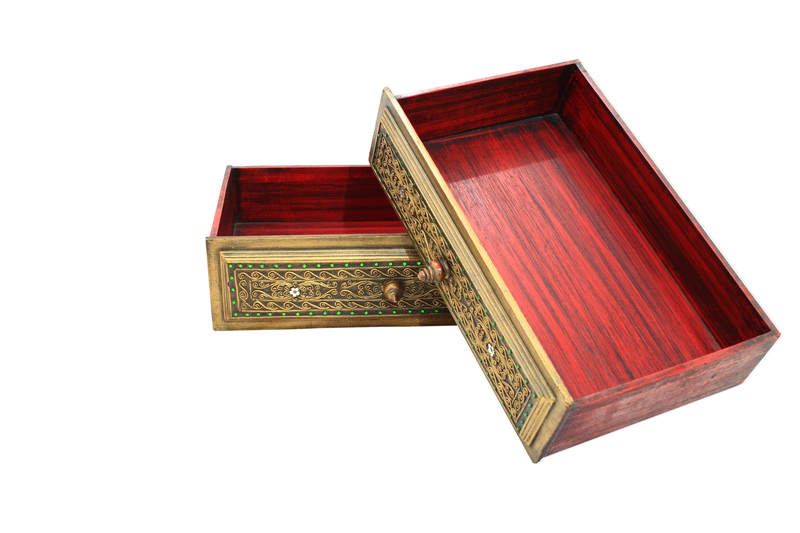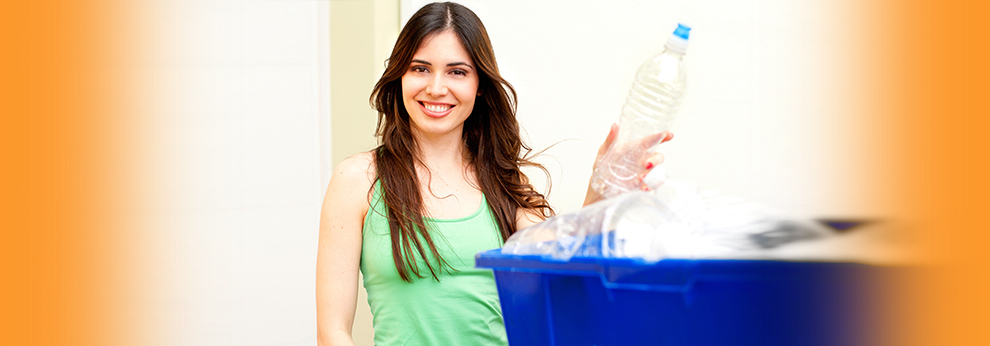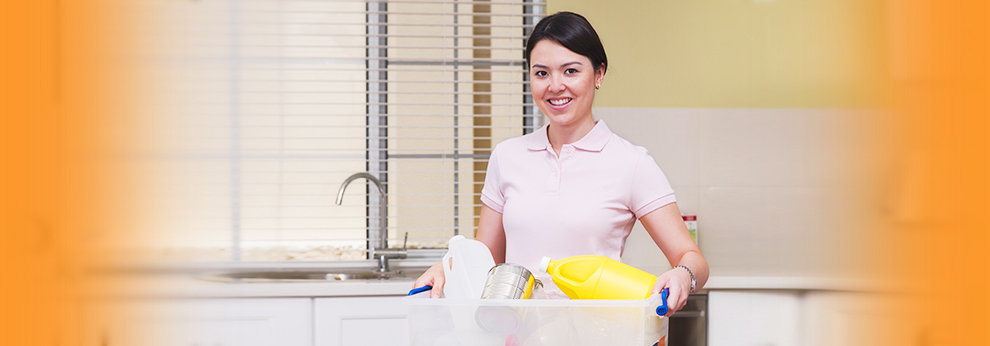Making Decisions on Items Inherited
Posted on 13/11/2024
Understanding the Emotional Value of Inherited Items
Inheriting items from loved ones can be an emotionally charged experience. These objects often carry deep sentimental value and can evoke a range of emotions. It's essential to recognize and acknowledge these feelings as you make decisions about what to do with inherited items.
First, take the time to go through each item carefully. As you do, consider the memories and stories associated with them. This can help you better understand the emotional significance of each piece and make more informed decisions.

Assessing Practical Value and Usage
While the emotional value of inherited items is important, practical considerations also play a crucial role in deciding what to keep, donate, or dispose of. Assess each item's usability and condition. Ask yourself if you or your family will actually use the item or if it will just collect dust.
When evaluating practicality, consider the following:
- **Condition**: Is the item in good working order, or does it require repair?
- **Utility**: Does the item serve a purpose in your daily life?
- **Space**: Do you have room to store the item without causing clutter?
These criteria can help you determine whether an item should be retained for practical reasons or if it might be better off being passed on to someone else.
Exploring Financial Value
Inherited items can sometimes have significant financial value. Before making any decisions, it's wise to get appraisals for items that you suspect might be worth money, such as antiques, jewelry, or artwork.
Consult professionals who specialize in valuing estate items to ensure you get an accurate assessment. Once you know the financial value, you can make more informed choices about whether to sell, keep, or donate these items.
Making Thoughtful Decisions
With a clear understanding of the emotional, practical, and financial value of inherited items, you can begin the decision-making process. Here are some tips to help you make thoughtful choices:
- **Prioritize Significant Items**: Prioritize items with the highest emotional or practical value. These are the ones you are more likely to cherish or use.
- **Involve Family Members**: Discuss your decisions with family members who may also have sentimental attachments to the items. Open communication can help prevent misunderstandings and disagreements.
- **Document the Process**: Keep a record of your decisions and the reasons behind them. This can provide clarity and serve as a reference point if you ever revisit your choices in the future.
Pros and Cons
**Pros:**
- **Preserving Memories**: Keeping certain items helps to maintain a tangible connection to loved ones and cherished memories.
- **Financial Benefits**: Selling valuable items can provide financial gain.
- **Practical Use**: Some items may prove to be useful in everyday life.
**Cons:**
- **Emotional Burden**: The process can be emotionally challenging and draining.
- **Clutter**: Holding onto too many items can lead to clutter and overwhelm.
- **Conflict**: Differing opinions among family members can create tension.
Tips for Making Decisions on Inherited Items
- **Take Your Time**: Don't rush the process. Give yourself the time and space to carefully consider each item.
- **Seek Professional Help**: If you're uncertain about an item's value, consult appraisers or estate experts.
- **Organize by Category**: Sort items into categories such as keep, donate, sell, and discard to streamline the decision-making process.
- **Create a Legacy**: Consider creating a scrapbook or digital archive of items that you choose not to keep, capturing their stories and significance without taking up physical space.

Takeaways
- Inherited items come with both emotional and practical considerations.
- Take the time to evaluate the emotional, practical, and financial value of each item.
- Involve family members in the decision-making process to honor everyone's memories and attachments.
- Weigh the pros and cons of keeping versus parting with inherited items to make decisions that balance sentiment, utility, and financial opportunity.
Conclusion
Inheriting items from loved ones is a complex process that involves emotional, practical, and financial considerations. By taking the time to carefully assess each item and involving family members in the decision-making process, you can make thoughtful choices that honor both the memories of your loved ones and the realities of your current life. Remember that it's okay to part with items that no longer serve a purpose in your life, and that doing so doesn't diminish the love and respect you have for the person who left them behind.
Making these decisions can help you preserve the past while moving forward with clarity and peace.
```



